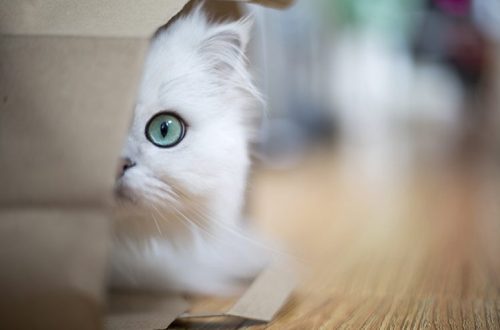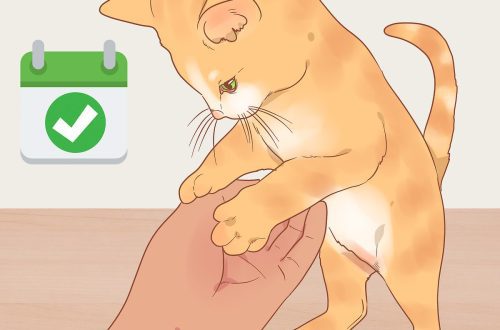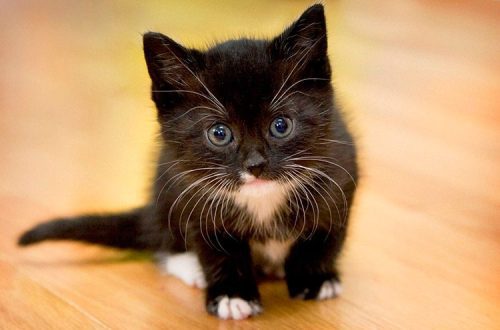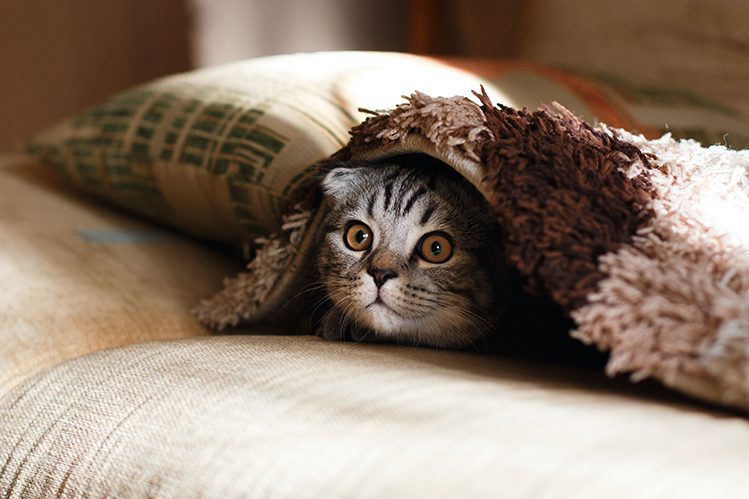
The most important thing about a kitten at 9 months
By 9 months, the kitten looks like an adult cat. But no living creature can suddenly turn from a playful baby into an adult. We will talk about the needs and developmental features of cats at this age, so that you and your furry ward can easily overcome the transitional stage on the path to a happy adult life.
The nine-month-old kitten has molars, his eye color has been determined, the pet has already experienced the first seasonal molt. The kitten changes its coat to an adult one, by 10 months the coat color is fully formed. Then your pet will be able to participate in exhibitions and win titles along with adult cats and cats. If you are raising an exhibition handsome, at 9 months you need to regularly prepare him for exhibition activities. The debut is not far off.
A teenage kitten is comparable in size to its adult relatives. But still not averse to childish frolic, tinkering with your favorite toys. Make time for this familiar interaction with him. Do not rush to treat your mustachioed friend as independent and independent, because he is still a child!
Right now the kitten needs the most careful attention. It is necessary to comb a young cat with a special brush for hair care. If the pet is a homebody, he has a lot of time to lick his fur coat. Wool in larger or smaller quantities enters the digestive system. Keep an eye on the well-being of the kitten: he may need a paste for the painless removal of wool from the body.
The last phase of active growth is coming. If up to six months the baby changed noticeably almost every week, now growth is slowing down. At 11 months, the kitten will stop growing. Make sure that his nutrition during this period of formation is complete. Further, your ward will have another task – to get stronger and turn into a strong adult cat or cat by about two years.

Observe the behavior of maturing pets. It is necessary not to miss the moment of the first estrus in females and the beginning of sexual hunting in males. Young cats begin to caress, rub against furniture, lift their tail. Boy kittens scream at night, show interest in the fair sex.
These changes in behavior mean it’s time to think about spaying and neutering. At what age should a kitten be castrated? Typically, kittens of both sexes undergo surgery at the age of eight to ten months. But the indication for the surgical procedure should not be the age, but the condition of your ward. Your veterinarian will tell you exactly if it’s time for your pet to have this surgery. But it is better to have time before the first birthday of a young cat or cat.
If you are thinking about breeding kittens, at 9 months is the time to contact a specialist to determine the breeding value of your pet. However, becoming a breeder right now will not work. Mating at the age of up to a year is fraught with damage to the health of your wards.
Even before reaching the age of one year, you need to have time to do all the necessary vaccinations. Plan vaccinations ahead of time so you don’t endanger your kitten’s health.
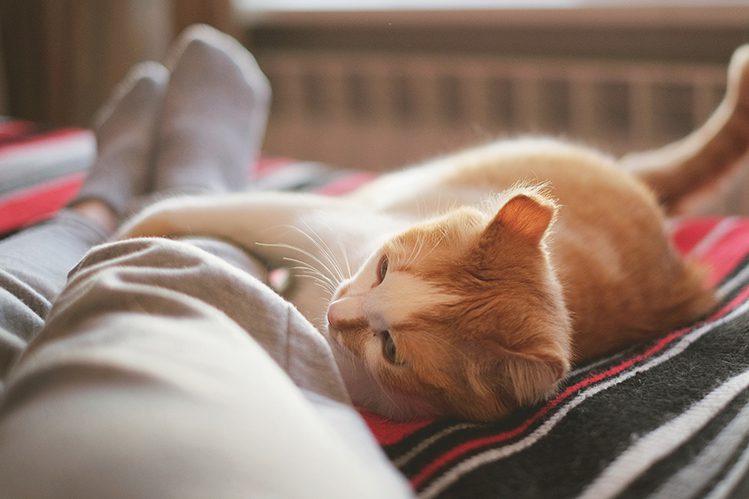
The body weight of a healthy kitten should be appropriate for age and breed characteristics. How much does a kitten weigh at 9 months? An average of three and a half kilograms. But if this is a thoroughbred British boy, then for him a body weight of four kilograms will be normal, and for a Maine Coon even more. Not only the breed, but also the gender of the pet affect the indicator. Male kittens gain weight faster.
An adult cat does not behave as smartly and energetically as a kitten. Adults need to consume fewer calories. Therefore, already from the age of 11 months, you can add a little food for adult cats to the diet and smoothly make the transition to an adult diet.
A kitten after sterilization or castration often changes its eating habits. Keep track of his weight for 18 weeks after surgery. A kitten after sterilization may show an increased interest in food. Although in reality the body at this point requires fewer calories than before.
It often happens that the discrepancy between the weight and the norm is associated with other circumstances. Excessive thinness of a teenage kitten can be a signal of malaise or parasites in the body. If your pet is refusing food, it’s time to visit the veterinarian and rethink your four-legged friend’s diet. The correct diet of a kitten is the key to its well-being.
Keep a close eye on your pet as it grows. A successful final stage of growth and formation will be the basis of good health and longevity of your ward.



